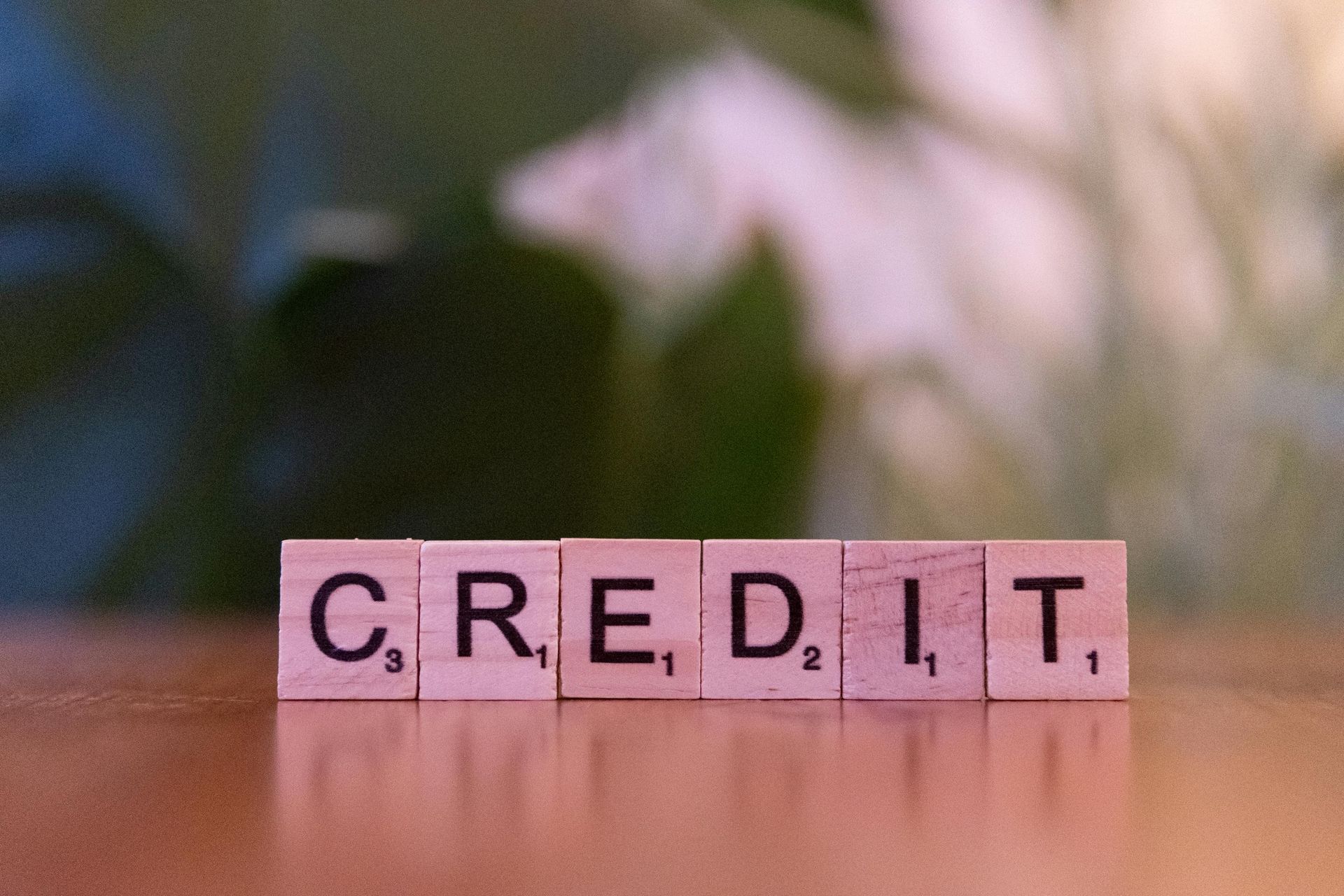Should You Pay a Collection Account? What to Know Before You Do
Paying a Collection Account: When It Helps and When It Hurts

If you're trying to improve your credit score, you've likely asked yourself: “Should I pay a collection account?” At Bonelli Financial Group, it's one of the most common credit repair questions we get. And the answer? It depends on your unique credit situation.
Paying off a collection might feel like the smart move, but depending on how it's handled, it could do more harm than good to your credit. Before rushing to make a payment, it’s important to understand how these accounts affect your score and when it might be better to take a step back and reassess.
When a bill remains unpaid for a few months, usually around four to six, the original creditor may turn it over to a collection agency or sell the debt entirely. At that point, the collection shows up on your credit report and can negatively impact your score.
Examples of accounts that often go into collections include:
- Medical bills
- Past-due credit cards
- Utility or phone bills
- Lease or rental balances
- Car loans or personal loans in default
Once an account lands in collections, it becomes a negative mark on your credit that can stay for up to seven years—even if you pay it.
Should You Pay Off a Collection Account?
1. Medical Collections Can Often Be Removed
Under recent credit reporting changes, paid or settled medical collections under $500 may be removed from your credit report. Even higher balances may qualify depending on how they're reported. If you're working on credit repair, these are usually worth paying to try to have them deleted entirely.
2. Consider a “Pay-for-Delete” Agreement
In some cases, you can try negotiating with a collection agency to have an account removed from your credit report if you agree to pay it. This approach is often called a “pay-for-delete.” Not every collector will go for it, but when it works, it can give your credit score a noticeable lift.
Tip: Always get the agreement in writing before paying.
If the agency won’t delete it, the payment may still update the Date of Last Activity (DLA), which can make the account look more recent and hurt your score temporarily.
3. Government Debts Require Special Attention
Not all collections are treated the same. Student loan defaults, unpaid taxes, or child support in collections won’t necessarily help your score when paid—but they must be addressed if you're applying for FHA, VA, or USDA mortgage loans. These debts can block loan approvals.
4. Paid Collections Often Still Stay on Your Report
Paying off a collection doesn’t always mean it disappears from your credit report. In many cases, it simply gets updated to show it’s been paid, but the negative mark still stays. Worse, making a payment can sometimes restart the clock on how long it remains on your record.
So, Should You Pay That Collection or Not?
There’s no one-size-fits-all answer. Some debts are worth settling; others might be better left alone, especially if they’re older and already near the end of the reporting period.
That’s where Bonelli Financial Group comes in. We help clients:
- Analyze their credit reports
- Identify which collections are hurting their scores the most
- Strategize for maximum credit score improvement
- Negotiate with debt collectors effectively
Want a second set of eyes on your credit report? Reach out to Bonelli Financial Group for a free consultation and let’s take a closer look at where things stand.
Dealing with collections isn’t just about paying off balances—it’s about knowing how the credit system works and making smart, informed choices. Before you make any payments, it’s worth making sure it won’t accidentally work against you.
Not sure where to start?
Get in touch with Bonelli Financial Group. We’ll help you make sense of your credit, build a plan that fits your goals, and walk with you every step of the way. You don’t have to figure it out alone.














